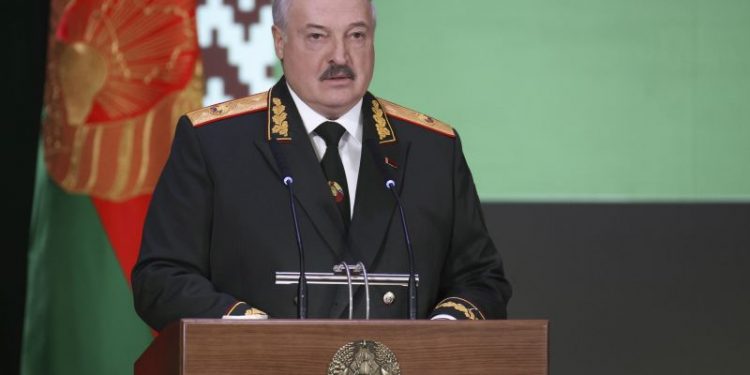Belarus’ President Alexander Lukashenko Eyes Re-Election in 2025
As Belarus gears up for its next presidential election in 2025, all eyes are on the incumbent President Alexander Lukashenko, who has been in power for over two decades. Lukashenko, often referred to as Europe’s last dictator, is known for his strongman style of leadership and controversial policies. Despite facing widespread criticism and protests both domestically and internationally, Lukashenko has managed to maintain his grip on power through a combination of repression and strategic alliances.
One of Lukashenko’s key strengths is his ability to appeal to a certain segment of the Belarusian population, particularly in rural areas and the older generations, who view him as a guarantor of stability and security. His populist rhetoric, which often emphasizes Belarusian sovereignty and independence, resonates with these supporters who see him as a bulwark against outside interference and Western influence.
However, Lukashenko’s rule has been marred by allegations of human rights abuses, electoral fraud, and suppression of political opposition. The 2020 presidential election, which saw Lukashenko claim victory with an implausibly high margin of victory, sparked mass protests in Belarus and drew condemnation from the international community. The brutal crackdown on protesters further tarnished Lukashenko’s image and raised concerns about the future of democracy in Belarus.
Despite these challenges, Lukashenko remains a formidable force in Belarusian politics, with a well-established network of loyalists and a powerful security apparatus at his disposal. He has shown a willingness to adapt to changing circumstances, making tactical concessions when necessary to maintain his hold on power.
As the 2025 election approaches, Lukashenko faces mounting pressure both at home and abroad. Calls for democratic reform and greater respect for human rights are gaining momentum within Belarus, while the European Union and the United States continue to impose sanctions on his regime. With the opposition emboldened and international scrutiny intensifying, Lukashenko’s re-election bid in 2025 is likely to be his most challenging yet.
In the coming years, Lukashenko will need to navigate a complex political landscape, balancing the demands of his supporters with the aspirations of those seeking change. The outcome of the 2025 election will not only shape the future of Belarus but also determine the legacy of Alexander Lukashenko, Europe’s longest-serving ruler.

















